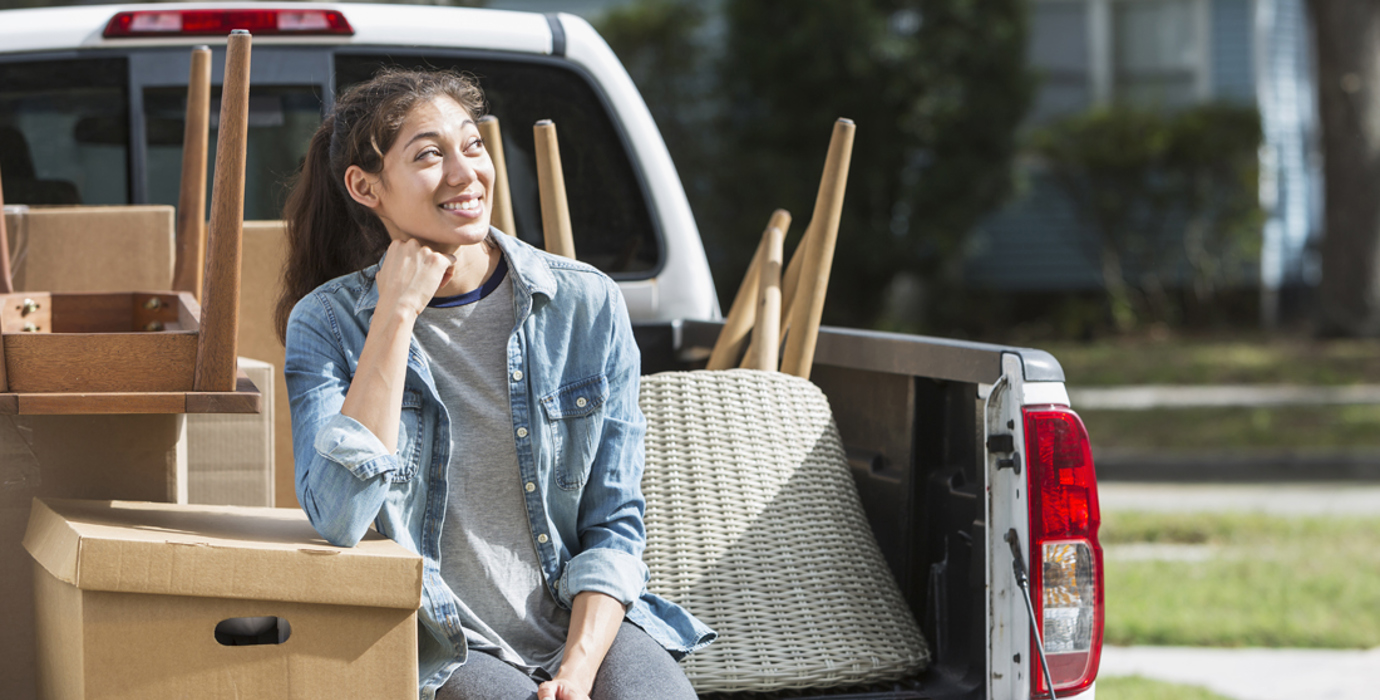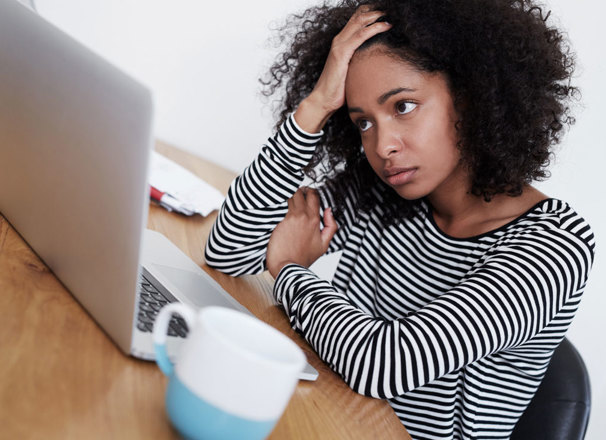Welcome to adulthood. The newfound freedom to venture out on your own and choose where and how you want to live.
It’s a monumental milestone. Whether you leap into it with great gusto at 18 or ease your way in reluctantly at 25, you’ll need some basic documents, knowledge, and life skills to succeed as an adult.
Take care of the basics
As an independent adult, there are some things you're going to need to take care of quickly.
Identification (ID)
There are lots of occasions where you’ll be asked to show ID. For example, to:
- Open a bank account
- Access healthcare
- Take a flight, rent a car, stay at a hotel
- Vote in an election
- Get a gym membership, etc.
You need government-issued photo ID, such as a driver’s licence, to get other kinds of ID, such as a bank card or a copy of your birth certificate.
If you don’t have a driver’s licence, you can apply for another type of government-issued photo ID, such as an Alberta ID Card.
A Social Insurance Number
You’ll need a Social Insurance Number (SIN) to work in Canada or receive any benefits and services from government programs. Here’s how to apply for one.
Once you have your SIN, keep it safe. Don’t carry it around with you in your wallet. If it gets into the wrong hands, you could easily become a victim of identity theft.
Healthcare insurance
Independence means taking care of your health. To see a doctor and receive basic health services, you’ll need an Alberta Health Care Insurance Plan (AHCIP) card. There is no charge for the insurance. Here’s how to apply.
A healthcare provider
If you don’t already have one, you’ll need to find a doctor. You can also call Health Link Alberta at 811 to get advice from a nurse 24/7.
If you don’t have your healthcare card yet, some walk-in clinics don’t require them, such as:
- In Calgary (to age 24): The Alex Youth Health Centre, call 403-520-6270.
- In Edmonton: Radius Community Health & Healing (formerly the Boyle McCauley Health Centre), call 780-422-7333 ext. 3
Housing
You’ll need a place to call home. These days, finding something that’s affordable can be a challenge. If you’re heading into life as a post-secondary student and living at home while you go to school isn’t an option, you might consider student housing. If nothing is available, one or more roommates could be the solution. Splitting the cost of housing with people you can stand to live with will make rent more affordable.
Money
If you’re planning to pursue post-secondary schooling, student loans may be available to support you while you study. Find out about student loans. You might also want to apply for scholarships and bursaries, which are basically free money to pay for school. Unlike student loans, you don’t have to pay these back.
But what if you’re not a student? Where else can you get money? How can you spend less on things you need and keep more for things you want?
For help understanding some important financial basics, including how to find work to support yourself, or where to access emergency support, read about how to grow your bank account when you’re just starting out.
Figuring out how to meet your big-picture needs is an essential first step to becoming independent. From there, the challenges, little victories, and rewards of day-to-day adulting continue.
Government of Alberta Transition to Adulthood Program (TAP)
The TAP program is designed to extend social supports to help prepare young adults who were formerly in the care of Children’s Services to live independently, pursue education, and build their careers. Check out the video below to find out what additional supports you might be able to TAP into.
Transition to Adulthood Program (TAP) Video (1:11)
This video talks about the features of the Transition to Adulthood Program (TAP), which the government launched on April 4, 2022, to make it easier for youth in government care and young adults who were previously in care to successfully transition to adulthood.
Build basic life skills
As an adult there are loads of little things you’ll have to do on a regular basis to keep your life on track. It might all feel a bit overwhelming at first. In time, it will become second nature.
Domestic chores
Make these a routine to make sure they get done:
- Everyday cleaning. Don’t wait to do the wash until you have nothing clean to wear. Get into the habit of doing laundry on the same day every week and it won’t pile up on you. The same is true for other household chores like taking out the garbage, vacuuming, and cleaning the bathroom.
- Grocery shopping and meal prep. Eating out is expensive. So are meal delivery services. Plan your meals in advance. Make a shopping list. Stick to it. Shop smart. Cook at home. Homemade is healthier than takeout and you’ll save money.
If you don’t know how to do something, ask the internet. There, you can find step-by-step instructions for just about anything—from how to cook or get a stain out of your favourite shirt to how to clear a clogged drain or sew on a button. If you’re a visual learner, YouTube is a valuable source for how-to videos on just about everything.
Financial skills
You’re going to need to manage your money so you’ll have enough to buy food, pay your bills, keep up with your monthly rent payments, and have a little fun. Financial skills include:
- Be careful with your money. It’s important to make sure you’re not spending more money than you’re bringing in. Budgeting is about knowing how much money you have and how much you’re going to need for the month. Tracking your spending means you’re able to adjust as required.
- Avoid going too far into debt. Buying on credit (think credit cards) means you buy now and pay later. It’s got some immediate advantages, but can be a dangerous approach to spending. If you’re not careful it can easily get you into debt.
- Saving money. It’s always a good idea to put a little money aside for an emergency. Left untouched, even small savings add up over time. If you’re serious about growing your savings, include them as an expense in your monthly budget. Otherwise, you may find there’s nothing left to contribute at the end of the month.
- File your taxes. You’ve probably heard it said that the only guarantees in life are death and taxes. When you start earning money, and spending it, you’re going to be paying taxes. Educate yourself on how it all works so you know what to expect and what’s expected of you.
Job skills
Making a living as an adult means finding a job and earning a steady income. Whether you’re a student looking for part-time work, or a post-secondary program graduate heading into your professional career, you’re going to need some basic job skills, including:
- Building a resumé
- Writing a cover letter
- Accessing job opportunities online
- Developing interview skills
- Knowing your strengths
- Knowing your options
Adulting: You got this!
Although it may feel scary at times, stepping out into the world as an adult really ought to be a wonderful adventure. You’re free to be you. Don’t expect to get everything right from the start. You’re not going to know it all at once. Nobody does. But trust yourself, and learn as you go.




